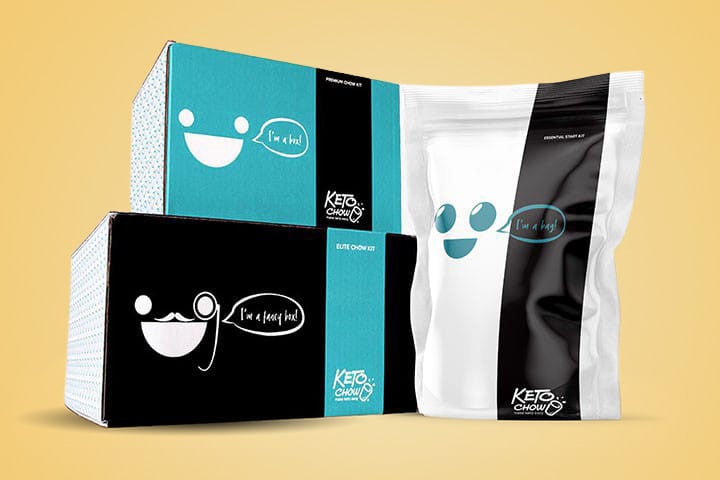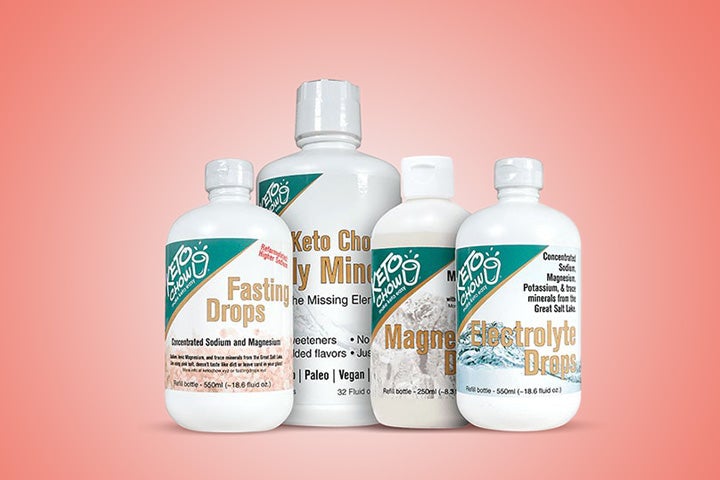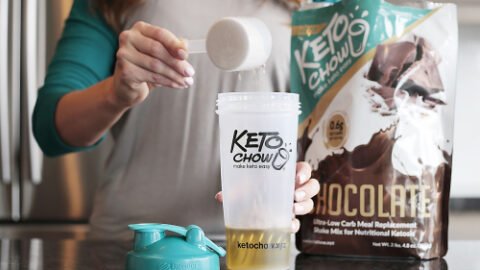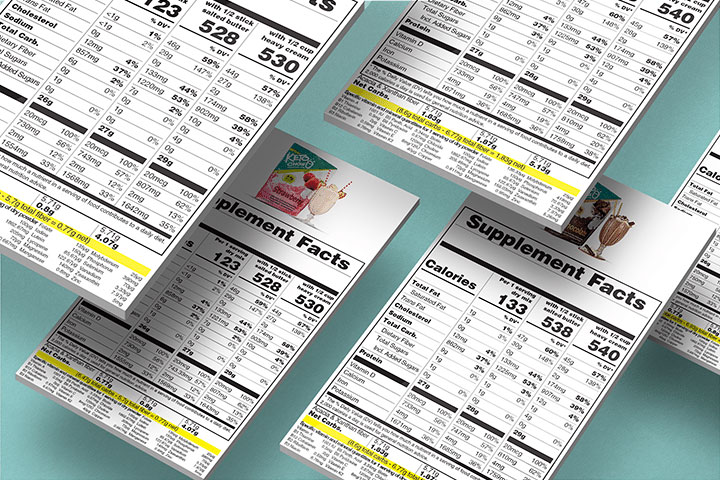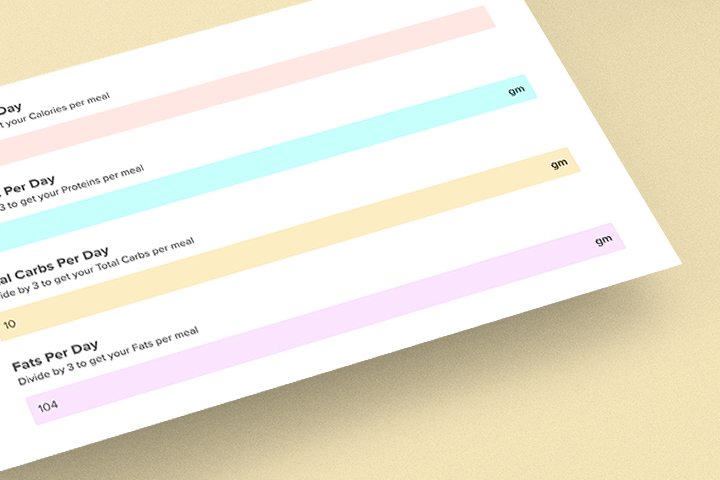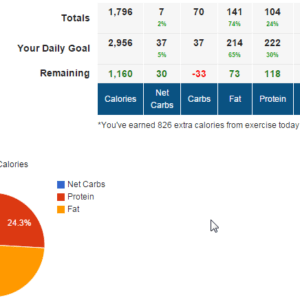It’s probably easier to make a list of what these critical minerals don’t do, because they are essential for healthy functioning of every cell. And considering that your body is really just a well-organized collection of trillions of cells, when your cells don’t function properly, then you don’t function properly!
If you follow a very-low-carb or ketogenic diet, you probably hear a lot about the importance of electrolytes. But what are electrolytes anyway, and why do we need them?
What are electrolytes?
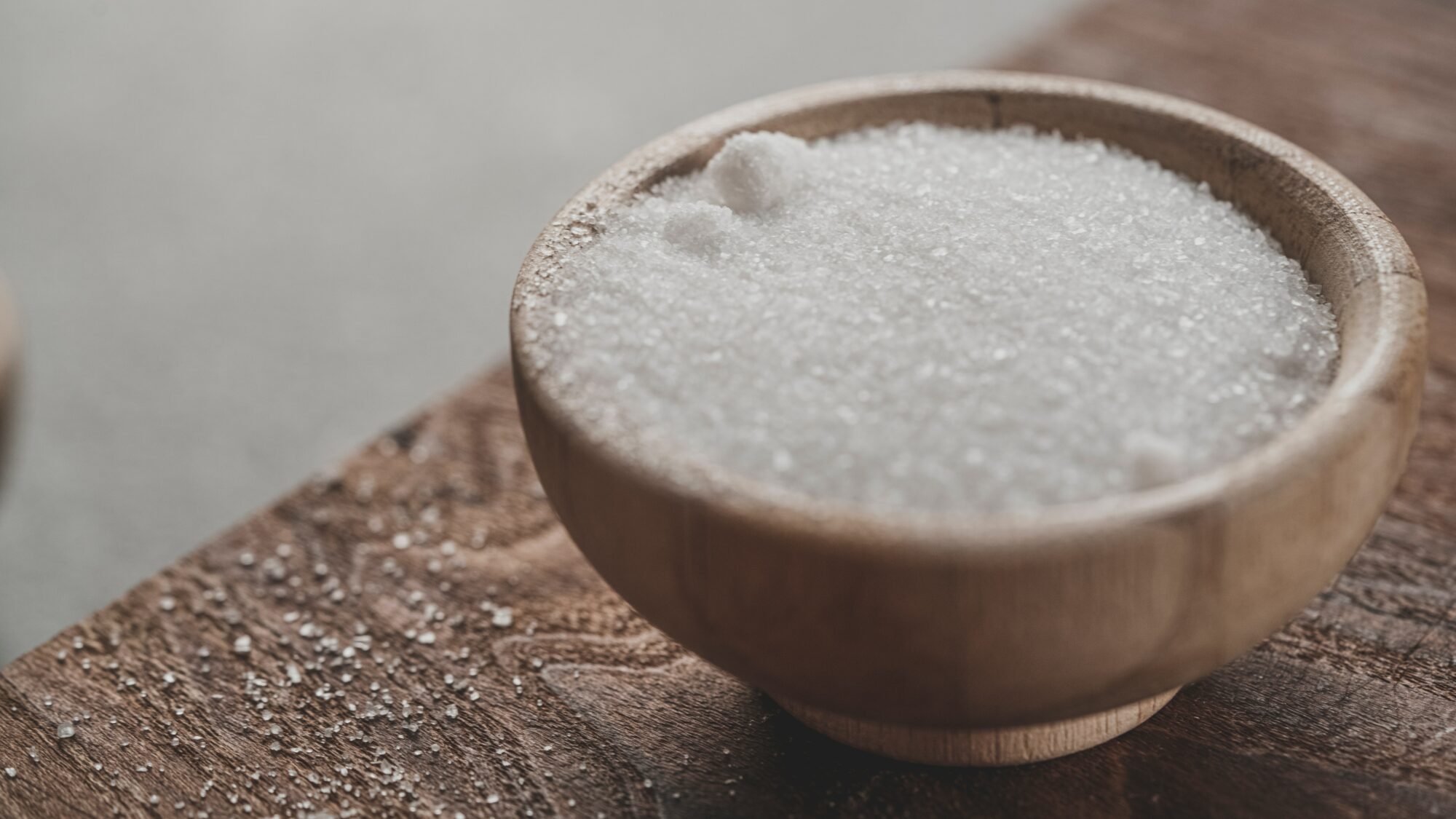
The word “electrolyte” isn’t a coincidence. They are minerals that can conduct electricity when dissolved in a liquid—your blood, for example, or the fluid inside your cells.
The main electrolytes in the body are sodium, potassium, magnesium, calcium, chloride, phosphate (phosphorus), and bicarbonates. (The first four are the ones most responsible for the functions commonly associated with electrolytes.)
You get electrolytes from food or supplements, and when you’re not getting enough from your diet, your body can “borrow” certain electrolytes from its own stores, such as from your bones. (More on that in a bit.)
What are electrolytes good for?

It’s probably easier to make a list of what these critical minerals don’t do, because they are essential for healthy functioning of every cell. And considering that your body is really just a well-organized collection of trillions of cells, when your cells don’t function properly, then you don’t function properly!
Cell membranes

A fundamental thing electrolytes do is maintain an electrochemical gradient across your cell membranes. Specifically, potassium gets pumped into the cells and sodium gets pumped out. This is called a “sodium-potassium pump,” and these microscopic pumps account for as much as 20-40% of all the energy your body uses while at rest, just to keep you alive.
If that sounds like a lot—after all, that’s not even when you’re exercising or engaging in any activity at all—it is! That tells you how important maintaining this electrochemical gradient is.
The functioning of every cell in your body (and the organs they make up) depends on this gradient. Using your kidneys as one example, the proper gradient is essential for allowing them to filter waste from your blood, reabsorb glucose and amino acids, regulate blood electrolyte levels, and maintain a healthy pH.
Cell membranes don’t get much love but they are essential for everything that goes on in your body. If your cells are like exclusive nightclubs, think of the membranes as the bouncers. They let the good stuff come in, and they help escort the bad stuff out. If the membranes don’t work properly, then just about everything that happens inside the cells won’t work well either.
Things that interact with cell membranes

There are also things that interact with those membranes to ensure you stay alive and healthy—things like glucose transporters, ion channels (to let minerals in), and receptors for thyroid hormone, insulin, and every other hormone that needs to get in. Imagine if those things weren’t working properly because the gradient across the cell membrane was off…
In addition to maintaining that underappreciated gradient, electrolytes contribute to other essential processes that go on in your body constantly—even when you’re asleep or unconscious:
- Nerve transmission—neurological functioning and neurotransmitter release
- Muscle contraction and relaxation, including the heart muscle
- Maintenance of blood volume and blood pressure
- Nutrient absorption and transport
- Metabolism—converting food into energy
- Cofactors for hundreds of enzymes, “implicated in virtually every process in the cells”
What happens when electrolytes are low?

Since electrolytes are critical players in nearly everything that happens in your body, a lot can go wrong when they’re low or imbalanced. These issues range from mildly bothersome—like headaches or constipation—to debilitating and even life-threatening, such as migraines, cardiac arrhythmia, seizures, brain damage, and death.
Feeling off energy-wise

Considering what electrolytes do, it makes perfect sense that you’d feel less than your best if things were off. Remember the electrochemical gradient across cell membranes, and the role of electrolytes in muscle contraction?
Think about a battery not having enough juice—of course you’d have lethargy and muscle weakness without enough electrolytes. You might feel low on stamina, strength, or power, and exhaust yourself sooner than usual during a workout.
Cognitive disturbances

These minerals also regulate fluid balance in your blood, in your cells, and in your brain. So it’s not surprising that you might have a headache, dizziness, muscle tremors, or experience confusion or other “cognitive disturbances.”
Bipolar disorder

There’s even evidence that electrolytes might play a role in bipolar disorder, and that magnesium supplementation can help improve depression, so electrolytes are important for mental health, too.
Now that you know some of the signs and symptoms of electrolyte imbalances, it’s easy to understand why people feel the way they do when they experience the “keto flu.” The headaches, fatigue, and other temporary hiccups are caused mainly by electrolyte shifts from the rapid decrease in blood glucose and insulin levels.
How can you tell if your electrolytes are off?

It’s pretty rare for blood levels of electrolytes to be overtly high or low. Your body keeps the blood levels within a very narrow range, because “high or low levels of electrolytes disrupt normal bodily functions and can lead to even life-threatening complications.”
So, having normal electrolyte levels in your blood doesn’t mean your body is getting enough of these critical minerals for all the other things they’re needed for. (For example, in order to maintain normal levels of calcium or magnesium in the blood, your body will take some from your bones.)
This means that you might experience some of the signs and symptoms of electrolyte imbalances or deficiencies even if it doesn’t show on blood tests. Pay attention to how you feel, and think about whether you might be low on certain electrolytes based on your typical diet.
Skimping on foods that provide electrolyte minerals is only one way you might end up on the low side, though. There are other things that affect electrolyte status, and they typically have a bigger impact than your diet.
What makes electrolytes too low?

Apart from dietary intake being too low, other factors can contribute to electrolyte shortages or imbalances. Your body naturally loses electrolytes daily in urine, feces, and sweat. (An active athlete working out in hot weather can lose as much as 4-10 liters of water and 3-7 grams of sodium! Potassium, magnesium, and calcium are lost in sweat, too.)
You also lose them when you vomit or have diarrhea, and abuse of laxatives and diuretics for weight loss can result in excessive electrolyte losses.
Prescription drugs are another cause of electrolyte imbalances. Medications used for high blood pressure often alter electrolyte status. Other drugs that may cause problems include steroids, antacids, chemotherapy drugs, drugs to control seizures, and many others.
(If you take insulin or medication for hypertension, work with your doctor to reduce the doses if you start to experience low blood sugar, dizziness, fatigue, light-headedness, or other signs that your blood sugar or blood pressure are getting too low.)
Serious medical conditions can cause problems with electrolytes, too, such as kidney disease, severe adrenal insufficiency, extensive burns, chronic diarrhea, and diabetic ketoacidosis.
How to maintain your electrolytes
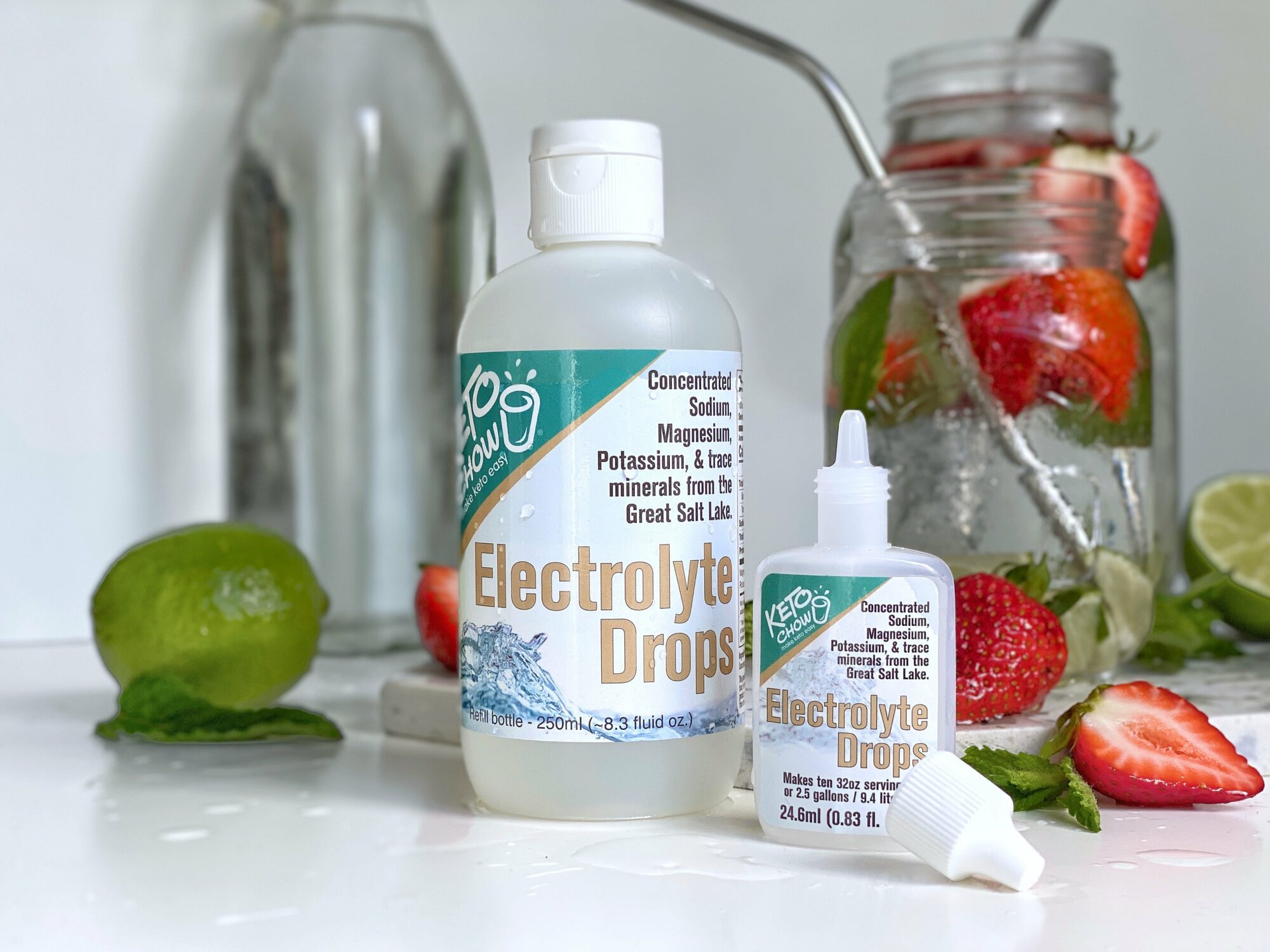
An easy way to get more electrolytes in your diet is via supplements, like Keto Chow Electrolyte Drops. These doctor-approved electrolytes provide a balanced amount of the four main electrolytes: Sodium, Potassium, Magnesium, and Chloride. They’re perfect to help with rehydration during and after a workout.
Summing up

If it seems like people talk a lot about electrolytes on keto diets, it’s for a good reason: they’re really important! Getting enough electrolytes could mean the difference between being sluggish, having brain fog, and simply not feeling your best, versus your body having what it needs to fire on all cylinders—physically and mentally.


